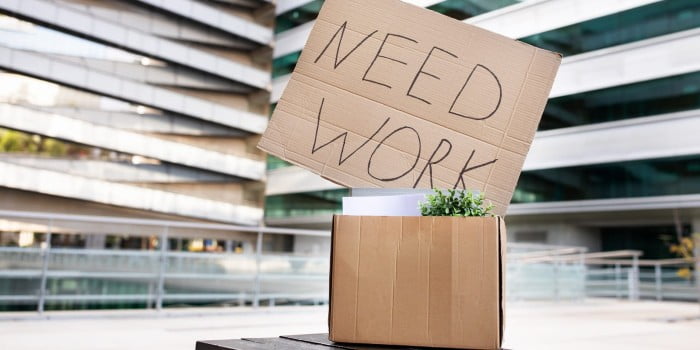Hundreds of thousands of small business owners who have lost money during the pandemic crisis will be able to claim more than £1bn in tax relief to help mitigate losses.
The Government announced an emergency extension to ‘loss carry back’ rules in the Budget at the start of the month. The move will enable businesses to claw back profit and income taxes paid in the past three years.
According to forecasts by HM Revenue and Customs, more than 130,000 incorporated businesses, which can include unofficially self-employed company directors with no employees, and more than 500 sole traders or partnerships, should benefit.
Up to this point, losses could only be carried back one year to offset historical tax bills, but this has now been extended to three years.
The measure presents a potential life-saver for businesses facing collapse. Those carrying back losses can obtain refunds for tax that has already been paid, unlike other reliefs that merely reduce future tax bills. The Government has estimated it will pay £840m in refunded taxes this tax year and a further £205m in 2021-22.
Mike Warburton, The Telegraph’s Tax Hacks columnist, said the plan would be welcome news for many after ‘the toughest 12 months most of us can remember’.
Relief extension not to be ignored
HMRC has acknowledged the numbers benefiting from the relief could eventually exceed its estimates. A spokesman explained that at this stage, the estimate is not exact as the number of businesses able to benefit can only be quantifed once tax returns for the relevant years have been submitted. But relief will be available to all businesses that qualify.
Nimesh Shah, of tax firm Blick Rothenberg, said the tax authority’s forecasts seemed very low and did not appear to account for the 1.6million self-employed who did not qualify for income support due to various oddities in the system.
There has been widespread press coverage of the struggles of those excluded from state aid, who have been forced to manage on very little for most of the past 12 months.
Mr Shah added he didn’t think the self-employed community would necessarily agree that the level of support had been enough to limit losses, to the extent HMRC’s figures suggest.
Chris Etherington, of tax firm RSM UK, said it was ‘important for the self-employed not to ignore’ the extension of the relief, which could prove to be very valuable.
Tax debts have soared
Reports in the press last week revealed that half of the UK’s self-employed workforce plan to quit freelancing because of the pressures caused by the pandemic and the threat of higher taxation, according to data from The Association of Independent Professionals and the Self-Employed (IPSE). They say the introduction of new tax policies next month will end many people’s dream of being self-employed.
A quarter of those planning to quit will seek work abroad, and a sixth intend to return to the security of full-time employment. More than one in 10 had plans to cease working altogether, while 11pc said they would retire within the year, or were considering all options. The number of self-employed workers has fallen to fewer than 4.3 million from more than 5 million a year ago, reversing a decade-long upward trend.
Now that Rishi Sunak, the Chancellor, has announced a freeze on protections against income, inheritance and capital gains taxes, as well as an increase in the corporation tax rate from 19pc to 25pc by 2023, Britons will shoulder the largest tax burden since the 1960s.
Simultaneously, tax debts have soared as many have not had sufficient earnings to pay what they owe. According to official figures, total tax debts at the end of 2020 were more than £65bn, an increase from £19bn at the same point a year earlier.
Around 650,000 people unable to pay their debts have moved their tax bills onto monthly payment plans.






